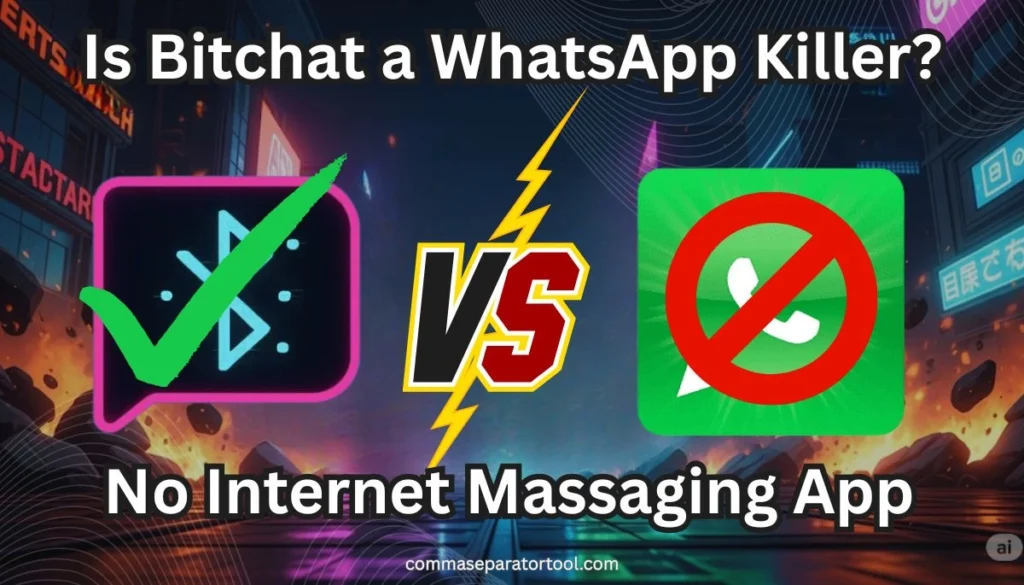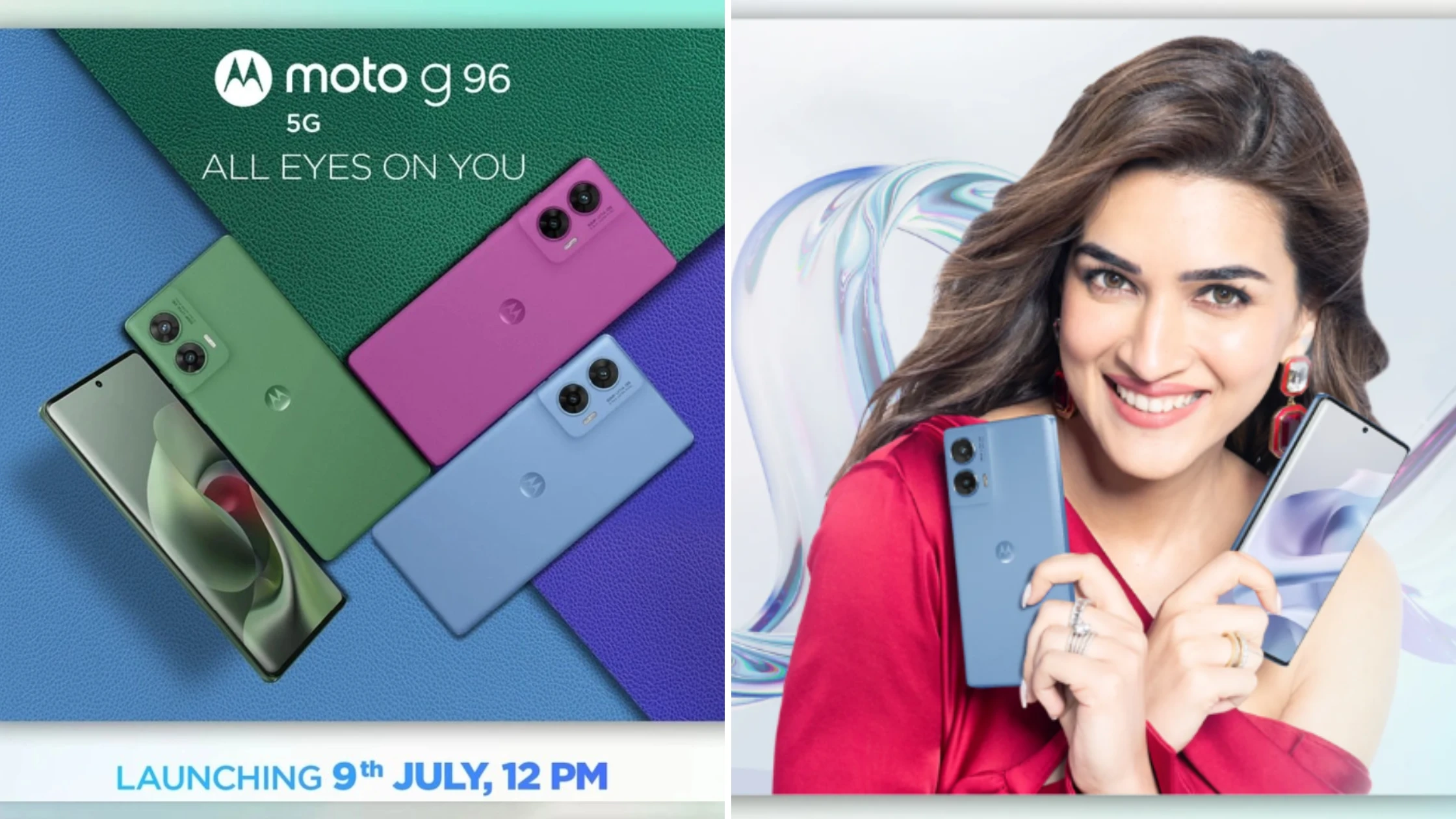In the ever-evolving world of digital communication, Jack Dorsey, co-founder of Twitter and Square, has stirred excitement with his latest venture: Bitchat. Launched as a weekend project, Bitchat is a decentralized, peer-to-peer messaging app that operates over Bluetooth mesh networks, requiring no internet, servers, or accounts.
With WhatsApp dominating the global messaging landscape, the question arises: could Bitchat challenge its reign? This article explores Bitchat’s features, potential, and limitations to assess whether it poses a serious threat to WhatsApp.
Table of Contents
What is Bitchat?
Bitchat is an innovative messaging app developed by Dorsey, leveraging Bluetooth mesh networking to enable communication without traditional internet infrastructure. Each phone acts as both a transmitter and relay, allowing encrypted messages to hop between devices within a 300-meter range. Key features include:
- No Internet Required: Ideal for areas with blackouts or censorship.
- End-to-End Encryption: Ensures privacy with no data stored on servers.
- No Accounts or Phone Numbers: Messages are ephemeral, leaving no digital trail.
- Decentralized Design: Eliminates centralized servers, aligning with Dorsey’s decentralization philosophy.
The app’s open-source code is available on GitHub, and a TestFlight version is accessible for testing, reflecting Dorsey’s experimental approach.
How Bitchat Compares to WhatsApp
WhatsApp, with over 2 billion users, relies on internet connectivity and a centralized server model, offering robust features like group chats, voice calls, and media sharing. Bitchat, in contrast, prioritizes privacy and offline functionality but lacks these advanced capabilities in its current beta form. Here’s a breakdown:
| Aspect | Bitchat | |
|---|---|---|
| Connectivity | Needs internet | Uses Bluetooth, resilient in offline scenarios like protests or disasters |
| Privacy | Uses end-to-end encryption, with Meta oversight | Uses end-to-end encryption, no servers or accounts, reducing surveillance risks |
| Scalability | Handles global messaging | Limited to nearby devices, restricting its scope |
| Features | Offers a full suite (calls, media) | Basic, resembles IRC-style chats with low-energy radio signals |

Is Bitchat a WhatsApp Killer? No Internet Jack Dorsey Messaging App
Bitchat’s appeal lies in its niche use cases. Posts found on X highlight its potential for protests, blackouts, or off-grid communication, where internet access is unreliable. Its decentralized nature appeals to privacy advocates and aligns with Dorsey’s vision seen in projects like Bluesky. However, several challenges suggest it’s not yet a WhatsApp killer:
Jack Dorsey unveils “Bitchat,” a new Bluetooth-based messaging app.
— TFTC (@TFTC21) July 7, 2025
No Wi-Fi. No cell service. Messages hop peer-to-peer, up to 300 meters.
Fully end-to-end encrypted. pic.twitter.com/rAJNg53RDI
- Limited Range: The 300-meter Bluetooth limit restricts widespread adoption.
- Beta Stage: As an experimental app, it lacks the polish and features of WhatsApp.
- User Base: Without a large network, its peer-to-peer model struggles to gain traction.
- Mainstream Appeal: Most users prioritize convenience over offline privacy, favoring WhatsApp’s ecosystem.
Strengths and Weaknesses
- Strengths: Offers a censorship-resistant, private alternative for specific scenarios. Its open-source nature invites community development.
- Weaknesses: Current limitations include no media sharing, voice calls, or long-distance messaging. Battery drain from constant Bluetooth use could also deter users.
The Bigger Picture: Dorsey’s Vision
Bitchat reflects Dorsey’s ongoing interest in decentralized technologies, following his work on Bitcoin and Bluesky. While not a direct competitor to WhatsApp today, it could inspire a new category of offline messaging apps. Its success may depend on community adoption and future enhancements.
Conclusion
Bitchat is not yet a WhatsApp killer due to its limited scope and early development stage. However, its innovative use of Bluetooth mesh networks and commitment to privacy make it a compelling experiment.
For now, it serves a niche—off-grid communication—rather than challenging WhatsApp’s dominance. As Dorsey continues to refine Bitchat, its evolution will be worth watching, especially for those valuing decentralization over convenience.














